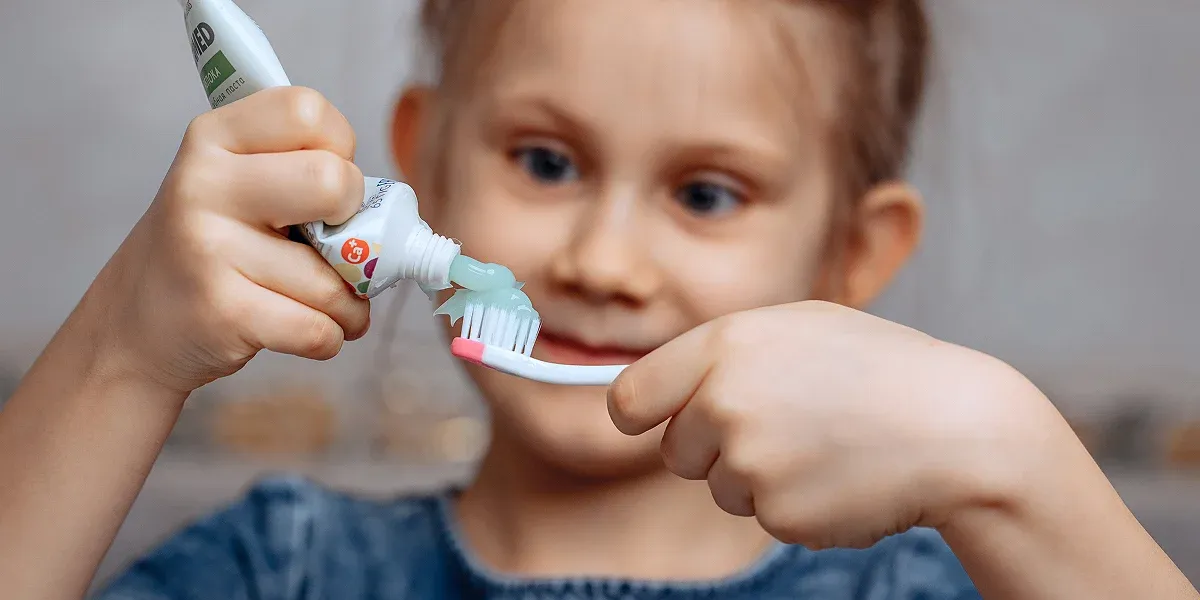
What to do About a Persistent Toothache

Tooth pain or a toothache can occur for a number of reasons. In many cases, the reason for a toothache is simply that a nerve within the tooth is irritated, diseased or traumatized. That said, toothaches and tooth pain can be the result of many different causes. From dental infections to tooth decay and gum disease as well as cracked teeth and even poorly placed crowns or fillings, the end result is usually considerable pain for the patient. Other situations that commonly cause toothache or tooth pain include a leaking filling as well as tooth loss or tooth extractions. Toothaches can also be the result of problems with the jaw joint, sinuses, nerves or ears. Consulting with your dental care provider is the best way to determine the origin of the pain. Keep in mind that researchers have shown in certain cases that impending heart problems can cause a sensation similar tooth pain.
When a Toothache Originates from Within the Tooth
Maintaining good oral hygiene and routine dental health practices including brushing, flossing and eating the right types of foods can greatly reduce the occurrence of toothaches. Even something as simple as having teeth cleaning performed on a regular schedule can reduce the chances of pain. When a toothache originates from within the tooth it is likely because something has happened to the inner part of the tooth known as the pulp. Infections, trauma or dental cavities can all be the cause of pulp related tooth pain. The symptoms and signs associated with toothache include the feeling of mild pain when applying or releasing pressure as well as being exposed to hot or cold liquids or food. When pain is not intermittent and is more consistent and ongoing in nature this may indicate other problems.
Periodontal Disease May Cause Chronic Pain
Consulting with a dental care professional is the best way to know for sure what is causing the pain you are experiencing. Dental professionals always recommend seeking out care anytime there is pain associated with chewing or exposure to hot or cold temperatures. Care should be sought as soon as possible anytime there is bleeding or any unexplained discharge from around the gums. Those who experience injury or trauma to the ear, cheek or jaw should also seek out medical help right away. Tooth decay and gum disease or what is often referred to as periodontal disease may cause chronic pain or a toothache. An area of redness immediately surrounding the gum line of a tooth may clearly indicate the source of the pain.

Symptomatic with a Serious Infection
Further, a toothache must be differentiated from pain originating from other sources around the face. For example, throat pain, jaw pain or even sinusitis can create a toothache. Nerve injury in regions throughout the face can result in pain that is perceived to be originating from the teeth or jawbone. Finally, seek out the help of a dental care provider any time use of over-the-counter pain medication is not working. Ongoing discomfort that lasts more than a few days following tooth extraction should also be addressed by your dental care professional. In addition, if there is swelling of the facial features or there is discharge from around a tooth, this is likely symptomatic of a serious infection. The bottom line is that it is always best to contact with your kids dentist in Stockton, Sajjad Rizvi, DDS at Happy Kids Dental anytime something is not right from a dental health perspective for your children.
References:
[1] A Dentist For Kids: Pediatric Dentist Vs General Dentist
[2] How Early Should Kids Visit Their Dentist?
[3] Composite Filling Advantages
Subscribe To Our Newsletter
Get Updates And Learn From The Best


